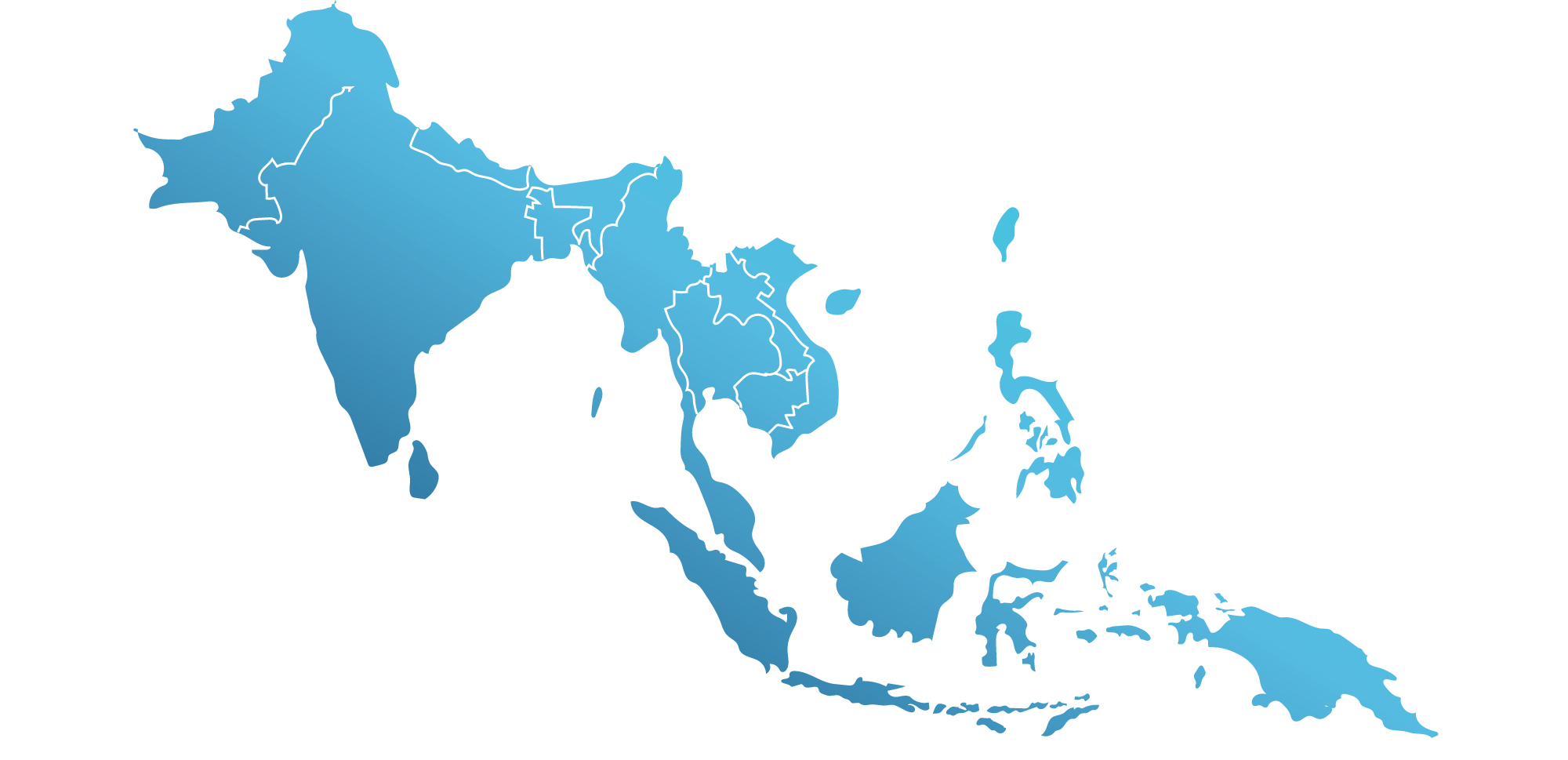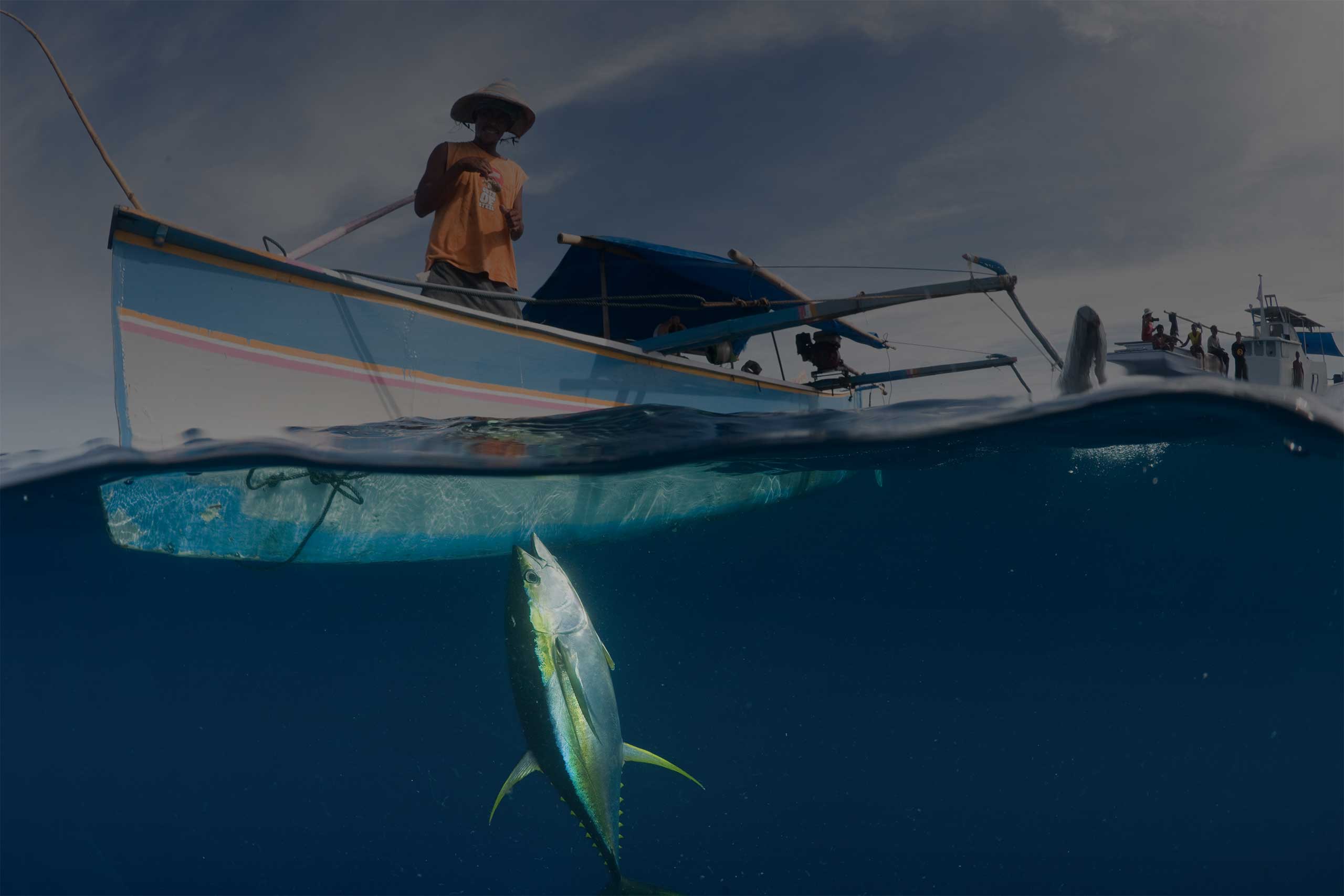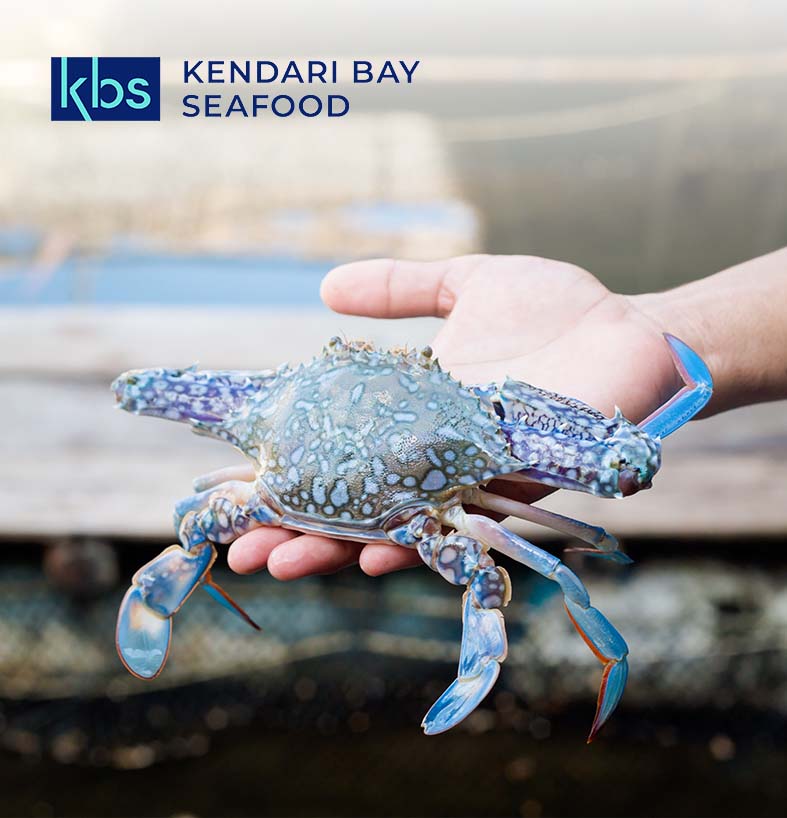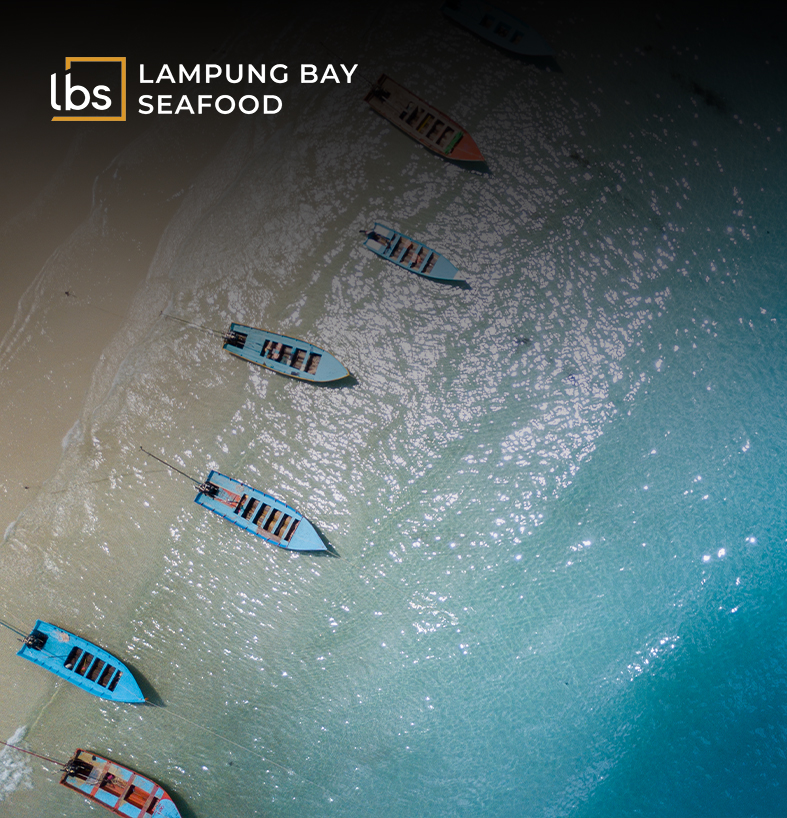our process
WE OPERATE ON TWO FRONTS, environmental stewardship and social responsibility.
WE OPERATE ON TWO FRONTS,
environmental stewardship and social responsibility.
In everything, we are guided by our core values of exceptional high-quality seafood, environmental stewardship and social responsibility. Our stringent quality control and exclusive artisanal fishing methods make our direct seafood sourcing process unparalleled in quality, diversity and freshness.
While our continual commitment, support and implementation of programs and funding to increase the positive social, economic and environmental capital within the local community paves the way for a more equitable and sustainable future for coastal communities.
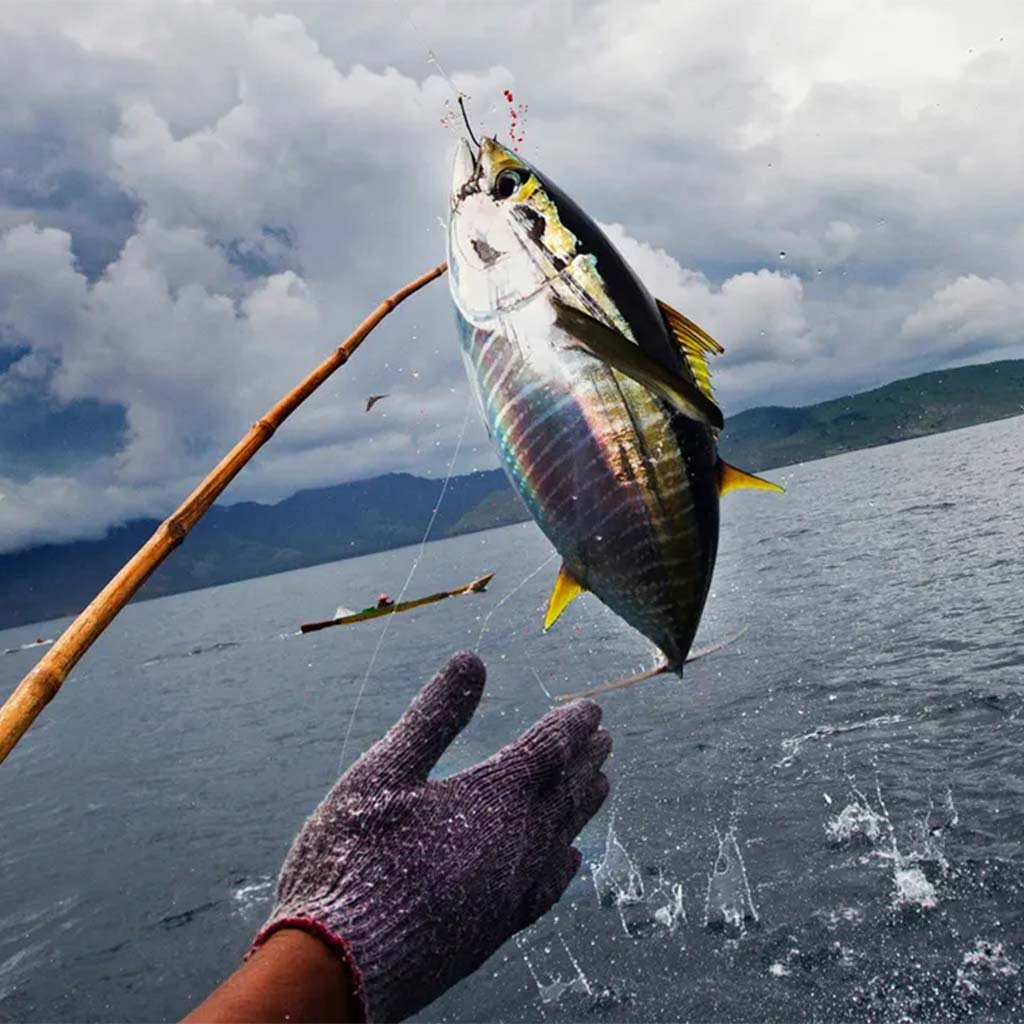
1
our process
OUR UNIQUE FISHERIES
At Ocean Union, we celebrate the rich diversity of our fisheries, each intricately woven into the fabric of its local community. Our commitment to sustainable practices and industry expertise ensures that every catch is a testament to our shared values. Here’s a glimpse into our remarkable fisheries:
Ocean Union CM Blue Crab Factory Fishery
Discover the Sri Lankan Blue Swimming Crab
- Location: Off the northwest coast of Sri Lanka, in the Palk Bay and the Gulf of Mannar.
- Coastline: Stretching over 250 miles, adorned with 80 bustling landing centers.
- Fishermen: A dedicated community of 4,500 small-scale fishermen.
- Harvest: Year-round harvest of Sri Lankan blue swimming crab.
- Procurement Process: Meticulously curated to ensure freshness and quality.
Ocean Union Lampung Bay Seafood Fishery
Unveiling the Blue Swimming Crab of Lampung, Sumatra
- Location: Lampung Province, on Sumatra’s eastern coast.
- Regencies Involved: Tulang Bawang, Central Lampung, and East Lampung.
- Fishermen: Over 4,000 skilled individuals.
- Sustainability: Balancing economic opportunities with responsible management practices.
Ocean Union Laut Biru Seafood Tuna Fishery
Navigating the Waters of North Sulawesi and North Maluku
- Yellowfin Tuna: Our prized catch.
- Fishing Technique: Traditional handline method.
- Selective Approach: Minimal bycatch, negligible impact on marine habitats.
- Ocean Harmony: Ensuring sustainable tuna stocks.
Ocean Union Agrita Octopus Fishery
Diving into the World of Day Octopus
- Location: Nusa Tenggara Timur, southeast Indonesia.
- Island Procurement: Flores, Sumba, and Timor.
- Capture Techniques: Jig-like lures, spearfishing, and hand-gathering.
- Artisanal Craftsmanship: Harvesting Octopus Cyanea with care.
Ocean Union Kendari Bay Seafood Fishery
- Location: Kendari Bay, located in Southeast Sulawesi, Indonesia
- Island Procurement: Muna, Butan
- Fishing Techniques: Traps, Gill Nets, Hand Line
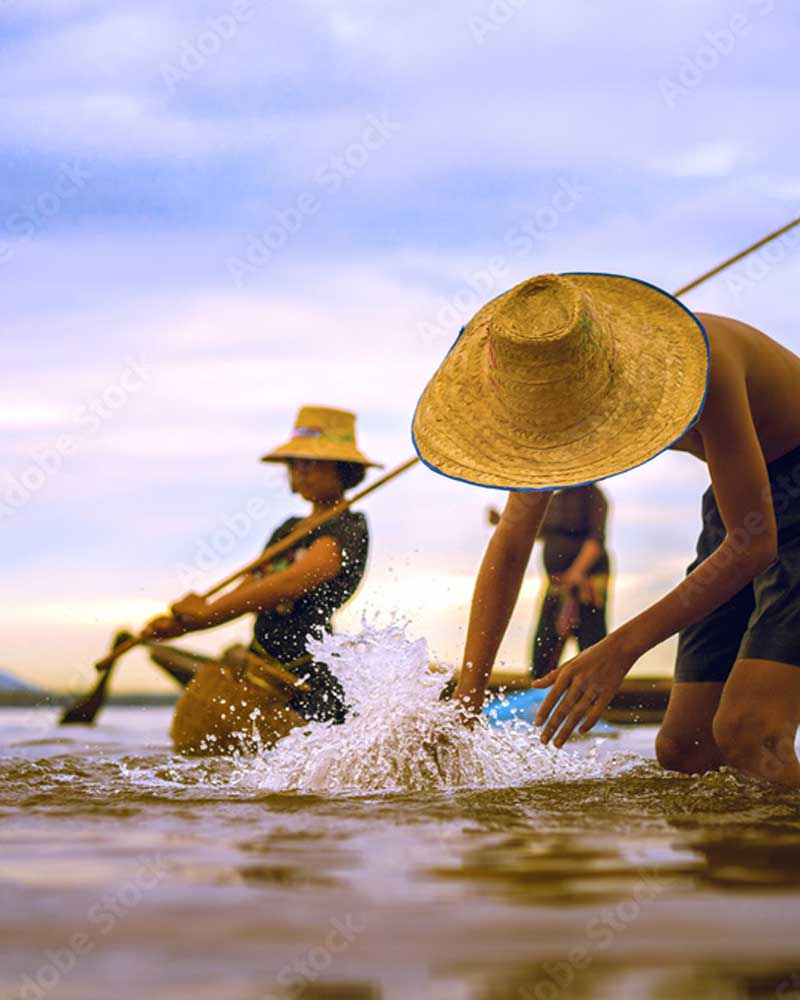
We work closely with select Indonesian fishing communities to provide training on sustainable fishing practices, marine conservation, and waste management. By equipping these communities with knowledge and resources, The Ocean Union is helping to create a more sustainable fishing industry and protect Indonesia’s rich marine ecosystem.
The communities we work with are using selective fishing gear, avoiding overfishing, and participating in initiatives to reduce plastic waste and ocean pollution. By adopting sustainable practices, these communities are not only preserving their way of life but also ensuring a healthier ocean for generations to come.
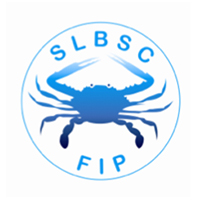
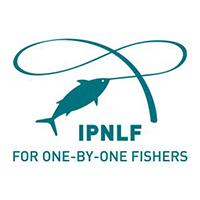
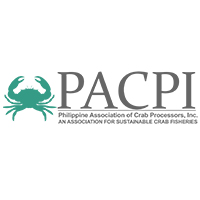
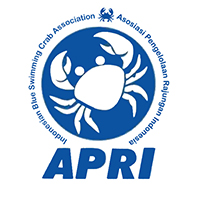
2
our process
SUSTAINABILITY
It’s a complex balance between the natural world and the human world. Respectful of this, all of our efforts to transform the fishing industry through our sustainable operations are extensively-researched.
We believe that to solve the holistic issue, we need to approach it aspect by aspect. By implementing programs that address different angles, such as environmental, economic and social, we can create positive change.
Sustainability is the common thread of everything we do. All of our operations are 100% traceable, with our seafood coming from exclusively certifiably sustainable sources through artisanal, traditional fishing methods. Sustainable for the environment, for the community and for global demand.
One part of our sustainability commitment is our deep involvement with Fishery Improvement Projects (FIPs) which are government sponsored programs that encourage and support one-by-one tuna fisheries. Recognised as a massive source of both protein and income to the local community, an opportunity to reduce environmental impact and champion stewardship, support the local workers through fair-trade and advocation, as well as promote gender equality in the industry thus elevating local women, FIPs work in-line with the UN’s Sustainable Development Goals and the FAO’s Voluntary Guidelines for Small Scale Fisheries. We are proud to collaborate with them across our fisheries.
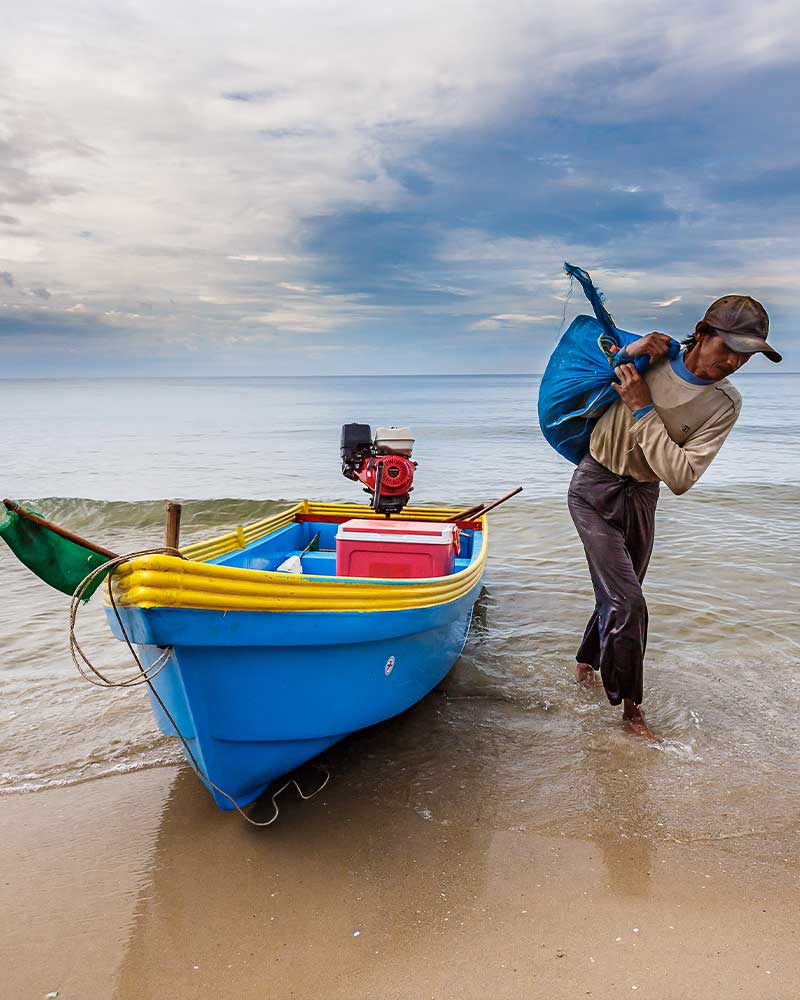
We work closely with select Indonesian fishing communities to provide training on sustainable fishing practices, marine conservation, and waste management. By equipping these communities with knowledge and resources, The Ocean Union is helping to create a more sustainable fishing industry and protect Indonesia’s rich marine ecosystem.
The communities we work with are using selective fishing gear, avoiding overfishing, and participating in initiatives to reduce plastic waste and ocean pollution. By adopting sustainable practices, these communities are not only preserving their way of life but also ensuring a healthier ocean for generations to come.




MSC
The Marine Stewardship Council (MSC)
The Marine Stewardship Council (MSC) certification for tuna fisheries in Indonesia is a recognition of sustainable fishing practices. The certification indicates that the fishery has demonstrated:
Healthy Tuna Stocks: The fishery must show that the populations of yellowfin and skipjack tuna are healthy and not overfished.
Minimal Environmental Impact: Fishing methods must minimize the impact on the ecosystem, including other marine species.
Effective Management: There must be proper management measures in place to ensure the long-term sustainability of the fishery.
As of January 2021, the Indonesia pole-and-line and handline fishery for skipjack and yellowfin tuna in the Western and Central Pacific archipelagic waters became the third in Indonesia to achieve MSC certification1. This added over 11,000 tonnes of sustainably caught tuna to markets, primarily in the U.S and Europe1. The certification process involved detailed assessments and stakeholder consultations, and it requires the fishery to meet eight specific goals related to harvest strategies and stock management within five years to retain its certificate1.
This achievement is part of a broader effort by the Indonesian government and the MSC to promote sustainable fishing practices, which also includes a Memorandum of Understanding signed in 2019 to strengthen collaboration on sustainable fishing
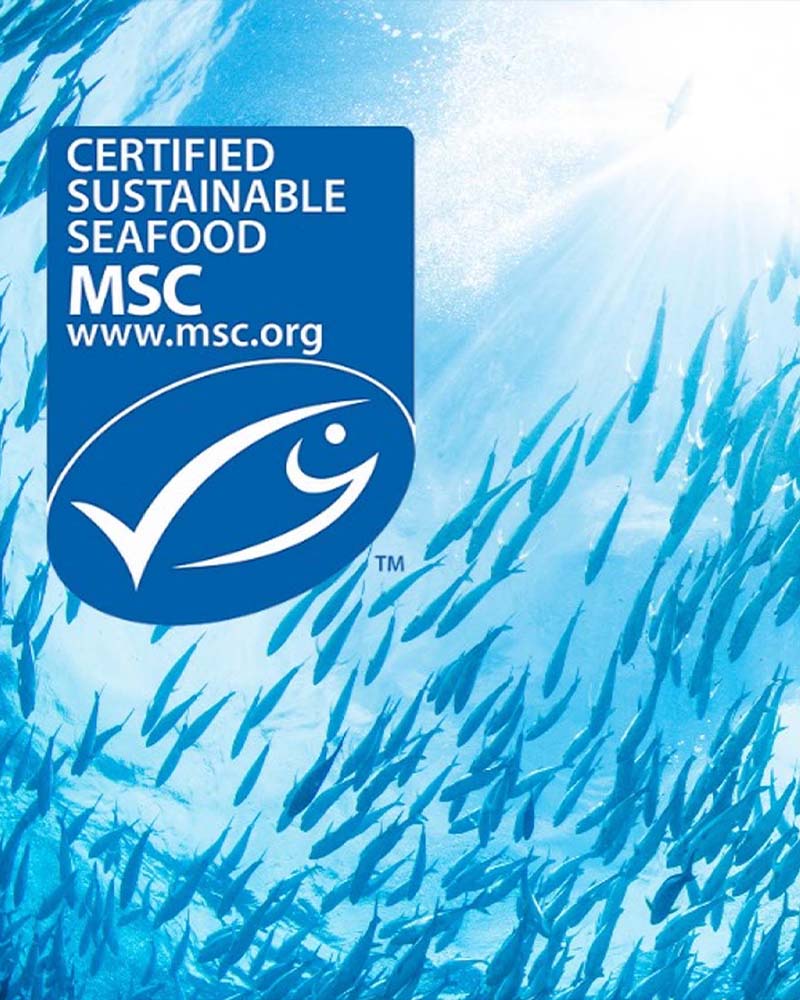
THE OCEAN UNION
IPNLF MANIFESTO

The IPNLF’s belief that by developing, supporting and promoting one-by-one tuna fisheries in tandem with harnessing the positive influence of the market to increase demand for these products, they will deliver social benefits to coastal communities connected to these tuna fisheries.
The IPNLF’s belief that by developing, supporting and promoting one-by-one tuna fisheries in tandem with harnessing the positive influence of the market to increase demand for these products, they will deliver social benefits to coastal communities connected to these tuna fisheries.


